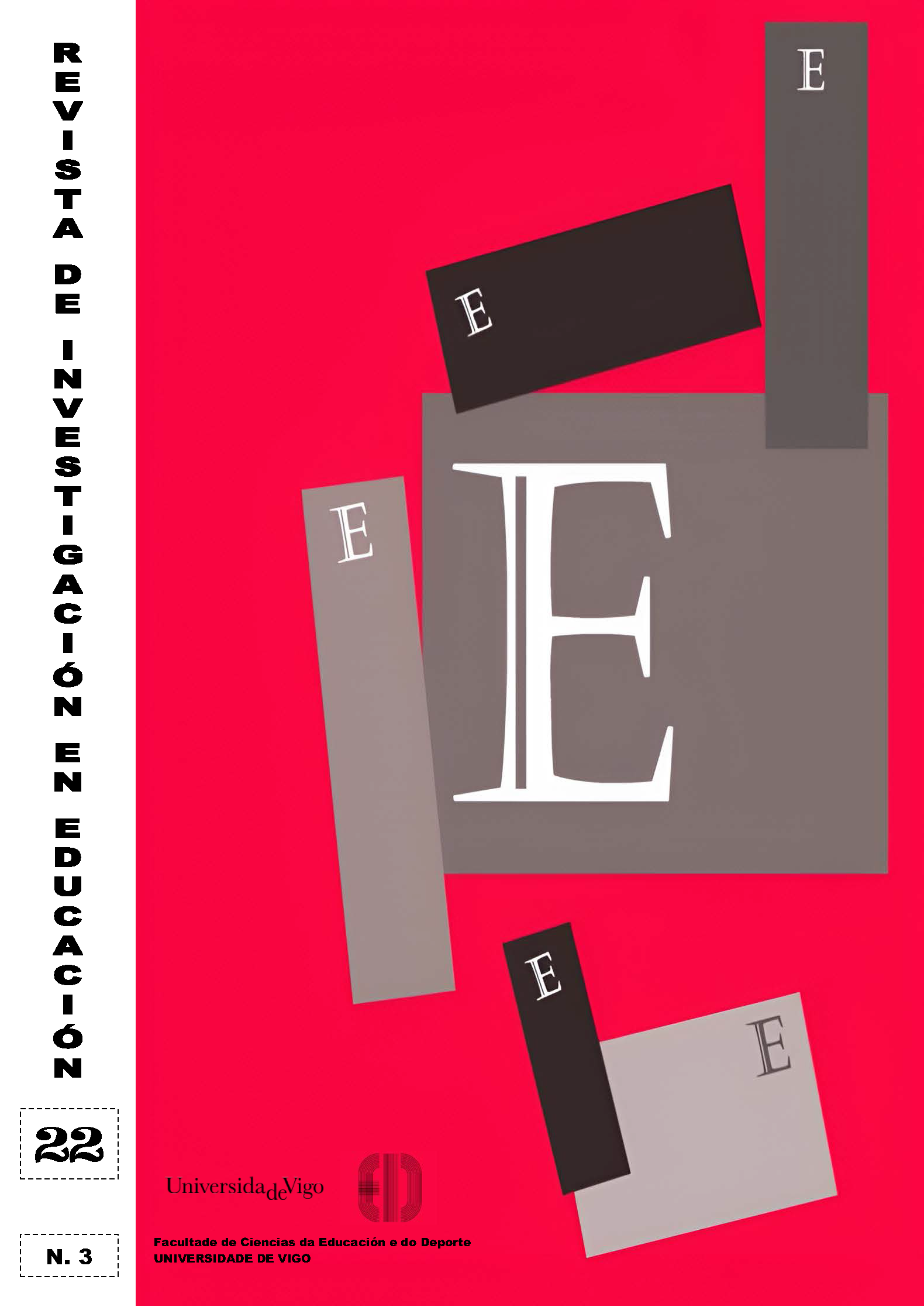Is it possible to conceptualize inclusive education? The need for a common and situated language
DOI:
https://doi.org/10.35869/reined.v22i3.5760Keywords:
Inclusive Education, Discourse Analysis, Communities of Practice, ChileAbstract
Inclusion in education is an international agreement. However, debates and inaccuracies still persist around its conceptual delimitations, especially in the school environment. The objective of this study was to analyze the meanings around the definition of inclusive education that management teams, teachers and non-teaching professionals have in schools with an inclusive seal in Chile. To achieve this, through a case study, a discourse analysis was conducted using interpretive repertoires from 40 interviews and 20 focus groups with school principals, teachers, and non-teaching professionals from four schools. The results show that, regardless of whether inclusion is an institutional seal, six conceptions predominate to understand inclusive education: (1) as education for all, (2) as a legal matter, (3) as a heterogeneous space, (4) as a value issue, (5) as a participatory activity and (6) as a rights approach. The discourse analysis allows us to conclude that inclusion takes the conceptual form of individual and institutional concerns according to the diversity of areas of action. Multidimensionality, therefore, is presented as a distinctive feature of inclusion in its conceptual nature. The results are discussed from the theoretical perspective of communities of practice.
Downloads
Downloads
Published
Issue
Section
License
Copyright (c) 2024 Revista de Investigación en Educación

This work is licensed under a Creative Commons Attribution-NonCommercial-NoDerivatives 4.0 International License.
The acceptance of the papers for publication, means that the printing and reproduction rights are owned by the journal. The conditions of use and reuse of content are those established in the Creative Commons CC BY-NC-ND 4.0 license.



